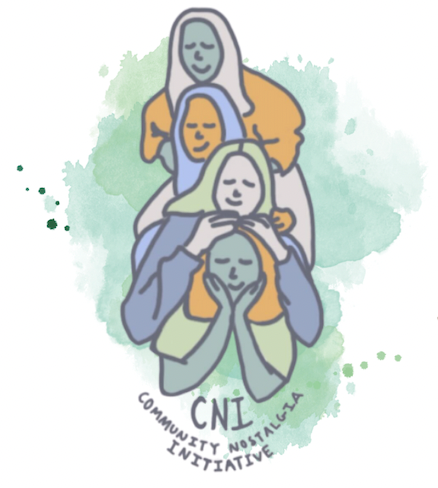
The goal of the Community Nostalgia Initiative is to create a an environment of belonging focused around the shared experience of food nostalgia. As part of this initiative, we are currently working to (1) create a website where individuals can share their food nostalgia and interact with others about culture and food, (2) design and paint a large mural downtown with the help of local professional and student artists, and (3) host an exhibit around the intersection of food nostalgia, science, history, and art for the local Ithaca community. More information on these components can be found below:
Website: The CNI website will be an interactive and engaging place for individuals to post nostalgic food experiences to be shared with others. These posts can consist of photos, recipes, descriptions of their nostalgia, as well as the option for descriptive tags such as the type of emotion, life-period the nostalgia is connected to, and more. The landing page will feature a world map. On this map, there will be indicators of nostalgic posts, which can be interacted with by hovering the mouse over it. The more posts, the larger the indicator will be, and upon zooming in the specific notes of individual posts will become visible. More information can be accessed by selecting the node, populating a module that features the photo, description, and other provided items. By presenting it in this manner, it will be easy for users to see the regions where certain foods are posted–especially if they are seeking out their own cultural foods and recipes that others may have shared, providing a sense of community and belonging. Our website is currently being developed, but you can find our landing page here.
Mural: Within the artistic component of the Community Nostalgia Initiative, we are looking to paint a large mural in the Ithaca Commons to engage the Ithaca community with ideas of nostalgia in relation to food. This mural, painted on the six-story high wall beside Bike Bar, will draw inspiration from the movie Ratatouille, specifically the moment of nostalgia where the food critic eats the ratatouille dish and is transported back to a memory from his childhood. Additionally, a community component, where local people and students will paint the mural (with pictures of their favorite foods) alongside our chosen muralists, will be included. We hope to have the mural finished around May or June of 2024.
Exhibition: For the upcoming Science Exhibition, our primary objective is to bring the insights of The Ratatouille Study to the broader public in a manner that is both engaging and accessible. To achieve this, our team is focusing on developing a series of visual graphics. These graphics will not only encapsulate key findings in an easily digestible format but will also employ a combination of vibrant colors, clear typography, and intuitive design to ensure that the data is accessible. The exhibit will also feature a variety of hands-on experiences where visitors can participate in mini experiments or activities that are related to nostalgia. We are also collaborating with local artists to integrate creative work into the exhibit. These artists will be tasked to create unique pieces that reflect their personal interpretations of nostalgia, inspired by the study. We plan to open this exhibition in Fall 2024.
If you are interested in supporting these events as a volunteer, please consider filling out our lab interest form here and indicating your interest in joining the Community Nostalgia Initiative (CNI)
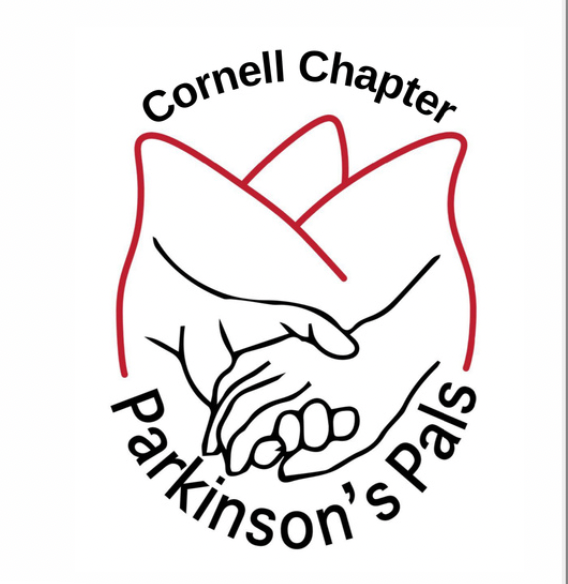
Are you interested in hearing from Parkinson’s patients about their experiences? Or connect with them on a more personal level? Parkinson's Pals is an organization of compassionate undergraduates dedicated to bridging the intergenerational gap between a Parkinson’s patient and a student. Our mission is to combat the depressive symptoms and self-isolation among Parkinson's patients by pairing them with dedicated students who offer support, motivation, and companionship.
Parkinson’s is the second most common and fastest growing neurodegenerative disease in the world. For an individual, Parkinson’s attacks them from both ends: neurological and social. From a neurological standpoint, Parkinson’s lowers the number of dopamine producing neurons in the substantia nigra region of the brain. With less dopamine circulating around in the brain, symptoms of depression may co-occur. From a social standpoint, Parkinson’s symptoms can manifest as motor deficits, which may lead to an individual feeling self-isolated and disconnected from others around them.
We believe that by fostering meaningful connections with caring and empathetic student volunteers, we will be able to combat feelings of loneliness and self-isolation in Parkinson’s patients. In addition to the buddy system, we also hope to increase awareness and understanding of Parkinson's disease in the community and promote a culture of empathy/support.
So how do we do it? Parkinson's Pals matches Parkinson's patients with dedicated and compassionate students based on shared interests and personalities. The paired pals will engage in regular social interactions, including Zoom calls, phone calls, in-person visits (when possible), and participation in other in-person activities. Parkinson’s Pals also features 2 committees (fundraising and advocacy) for students interested in the “behind-the-scenes” work that helps the team give back to the Parkinson’s community in Ithaca and raise awareness for the disease.
If you’re interested in getting involved, fill out the following interest form and we will get back to you with an invitation to join us for a quick 5 minute informal meeting
Feel free to contact cornell.parkinsonspals@gmail.com with any questions or concerns. We look forward to having you onboard our mission!
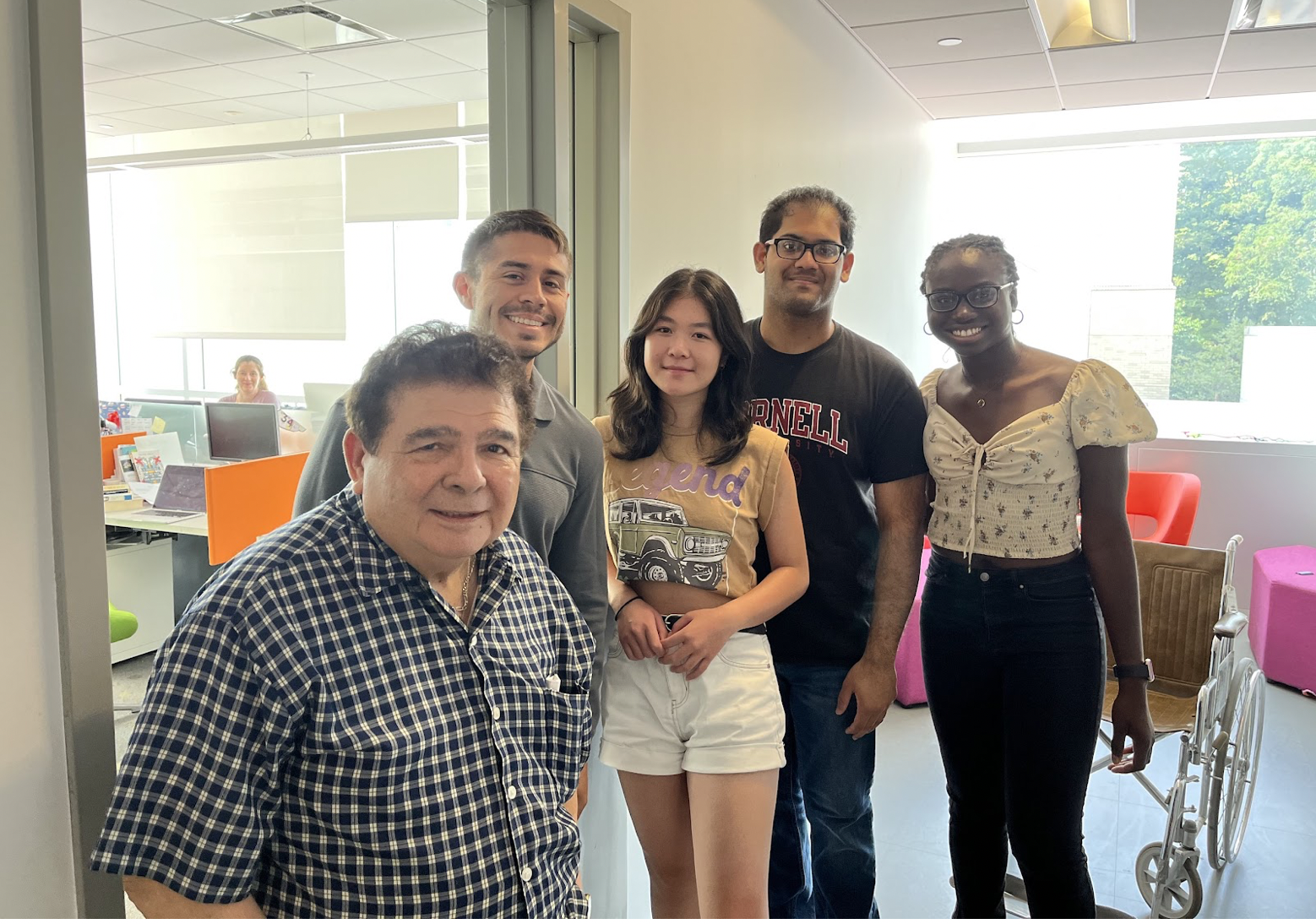
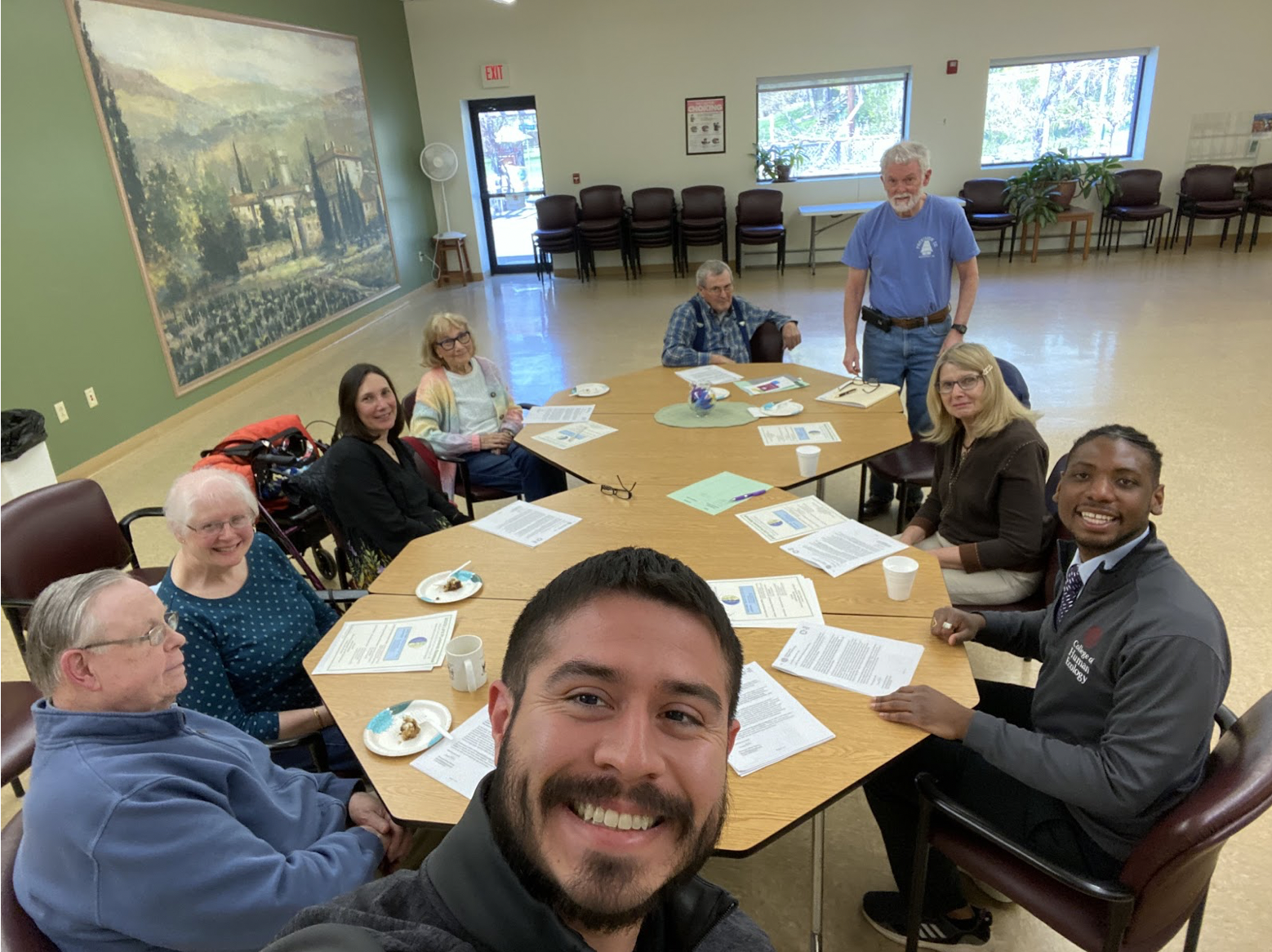
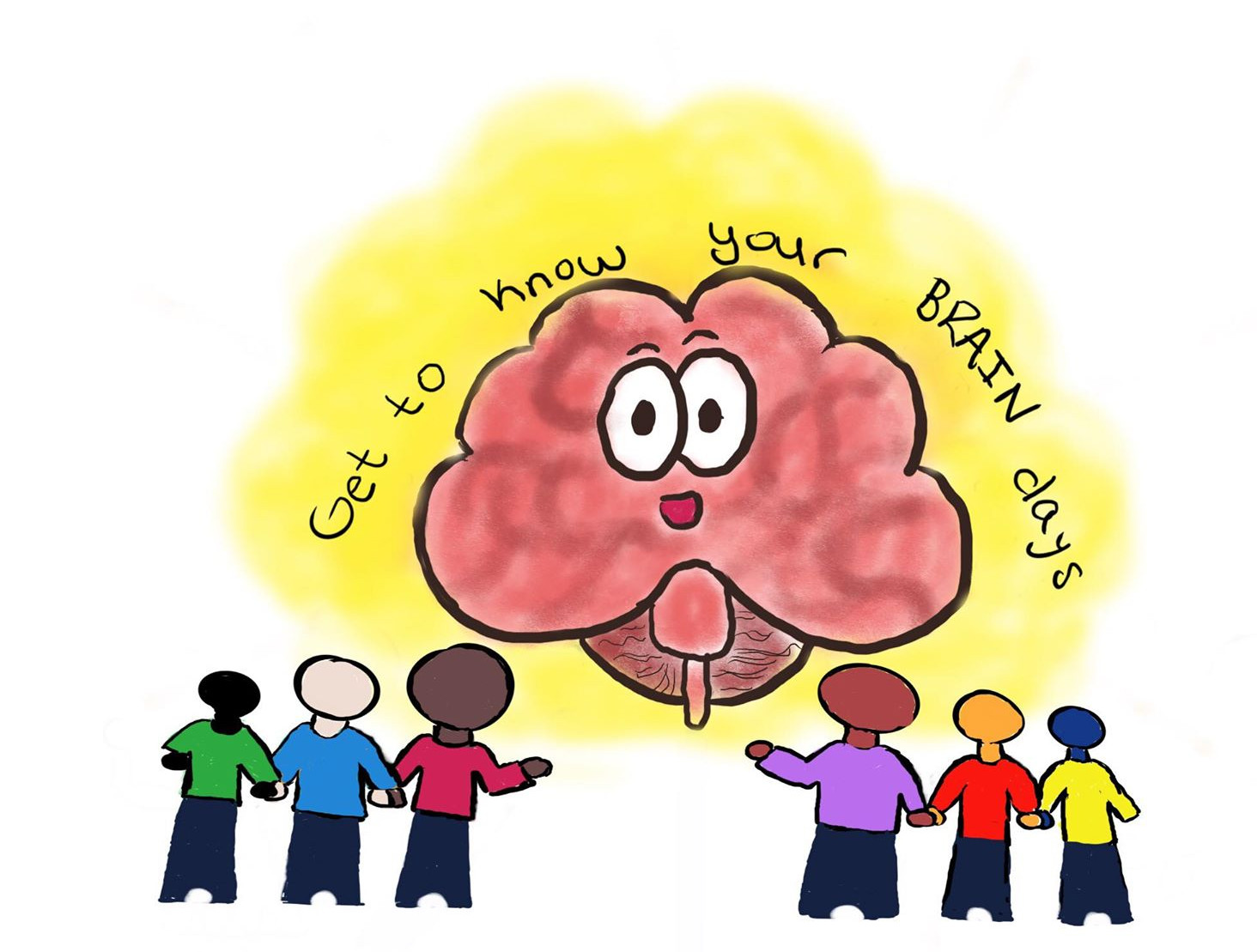
Do you think of your brain as a part of yourself? As a tool that you can learn to use better? As an organ that keeps you alive, like your heart? The brain is all this and more. The mission of Get to Know Your Brain Days is to help school children flourish both in and out of the classroom by teaching them about their brains in a way that promotes ownership, growth, and self-reflection.
We ask kids in school to use their brains constantly – to learn, to use self-control, to socialize – but hardly ever teach them about the brain itself. Get to Know Your Brain Days is a collaborative project between the Affect and Cognition lab at Cornell University and the Syracuse Academy of Sciences, a charter school, that gives kids the chance to meet this fascinating part of the body and mind.
We believe that learning about how your own brain works, how it contributes to your identity and goals, and how the brain can be changed and strengthened empowers kids to achieve. And you don’t just have to take our word for it – being scientists, we are testing that idea! During its first year, Get to Know Your Brain Days is tracking almost 400 kids in Kindergarten through 4th grade to learn how well our program works. Working with school administrators, we are constantly striving to make the program better.
So how do we do it? Get to Know Your Brain Days is a chance for many groups to work together. Under the guidance of Drs. Eve De Rosa and Adam Anderson, directors of Cornell’s Affect and Cognition neuroscience lab, and Dr. Tony Burrow, leader of Cornell’s Purpose and Identity Processes developmental psychology lab, a group of Cornell undergraduates works in teams to build neuroscience lesson plans. Each lesson is crafted to not only teach an important concept about the brain, but also to stress the brain’s role in our identity and growth and our ownership over our brains. To help teaching these complex topics to kids as young as five years, we focus on hands-on, interactive designs and a lot of sharing ideas and questions.
Once a month, our undergraduate teams travel to the Syracuse Academy of Sciences to deliver these lessons. This charter school serves a majority minority, low income population in Syracuse, NY. The school’s commitment to science education and emphasis on college has a proven track record of helping underserved kids reach their goals, and we are very excited to partner with this amazing group. Each team of Cornell undergraduates also works with two Syracuse Academy of Sciences high school student interns, who help interact with the elementary school kids, connecting with them and serving as role models. At the same time, the high school students receive valuable classroom and research experience, as well as mentorship from their undergraduate teammates.
Get to Know Your Brain Days is just getting started, but already kids, teachers, and our undergraduate and high school team members are hooked. We are excited to see this program grow!


